OUT OF THE VINYL DEEPS
OUT OF THE VINYL DEEPS Ellen Willis on Rock Music Ellen Willis EDITED BY Nona Willis Aronowitz FOREWORD BY Sasha Frere-Jones AFTERWORD BY Daphne Carr AND Evie Nagy

University of Minnesota Press
Minneapolis
London
Unless otherwise noted, these essays were originally published in Ellen Williss Rock, Etc. column in The New Yorker (196875).
Copyright 2011 Nona Willis Aronowitz
Foreword and Afterword copyright 2011 by the Regents of the University of Minnesota
All rights reserved. No part of this publication may be reproduced, stored in a retrieval system, or transmitted, in any form or by any means, electronic, mechanical, photocopying, recording, or otherwise, without the prior written permission of the publisher.
Published by the University of Minnesota Press
111 Third Avenue South, Suite 290
Minneapolis, MN 55401-2520
http://www.upress.umn.edu
Library of Congress Cataloging-in-Publication Data
Willis, Ellen.
Out of the vinyl deeps: Ellen Willis on rock music / Ellen Willis; edited by Nona Willis Aronowitz; foreword by Sasha Frere-Jones; afterword by Daphne Carr and Evie Nagy.
p. cm.
Essays originally published in The New Yorker magazine, 196875.
Includes bibliographical references.
ISBN 978-0-8166-7282-0 (hc : alk. paper) ISBN 978-0-8166-7283-7 (pb : alk. paper) ISBN 978-1-4529-3172-2 (ebook)
1. Rock music196170History and criticism. 2. Rock music197180History and criticism. I. Aronowitz, Nona Willis, 1984 II. New Yorker. III. Title.
ML3534.W612 2011 781.66dc22
2010050856
Printed in the United States of America on acid-free paper
The University of Minnesota is an equal-opportunity educator and employer.
18 17 16 15 14 13 12 11
10 9 8 7 6 5 4 3 2 1
CONTENTS
Foreword
OPENING THE VAULT
Sasha Frere-Jones
In January 2004, I got a phone call from David Remnick, the editor-in-chief of The New Yorker. Were doing a lousy job with pop music, he said. I want to know if you can help. Come by when you have a minute. Three months later, I had a jobmy first staff position as a writer. I was on the main stage and contracted to stay there. A blessing for any writer, but the assignment left me at sea. How was I going to write about pop for a magazine that usually crossed the street when confronted with the bumptious music of the great unwashed? And how could I do it for a readership that was probably content to leave the job undone?
During my first year at The New Yorker, I heard from many people who were surprised that an alleged coven of tweedy, high-minded types would even want a pop critic. (After my first column, a friend said, You get to do another one?) But I wasnt the first person thrown at the task.
I decided to look into how the job had been handled before my arrival. I went to the magazines librarian, Jon Michaud, and asked him who the first official pop critic of the magazine had been.
Ellen Willis, he said. She was the first. I assumed her stint had been as short as Nick Hornbys, Elizabeth Wurtzels, everyone elses, and had resulted in maybe five or six pieces.
How many columns did she run? I asked. Jon went away and came back several minutes later with several typewritten index cards.
Fifty-six, he said.
I xeroxed all fifty-six pieces and took them to my office. It was like finding a missing Beatles album.
In most discussions of pop criticism between 1968 and 1975, the focus has been on the work of men: Richard Goldstein and Robert Christgau at the Village, Voice, Greil Marcus and Lester Bangs at Rolling Stone, Dave Marsh at his own Creem magazine, and John Rockwell at the New York Times. Yet other names, though not as common now, were also read at the time. Christgau told me that, in the late sixties, Ellen Sander was writing regularly about rock in the Saturday Review (a circulation of 510,000 in 1967); Peter Winkler was tracking pop for the independent Cheetah; and Michael Thomas covered pop for Eye magazine, a bid by the Hearst Corporation to capture the youth market that began in 1968, published fifteen issues, and then folded in 1969. There are more, many of whom simply moved on to other topics and left before pop criticism was its own category.
Even if influential types were following small magazines and new alt weeklies, Willis was writing for a larger audience than almost any other critic475,000, while Rolling Stone reached only 75,000. At the dawn of pop criticism, when the field was barely a field and certainly not a well-paying gig, a woman wrote seven years worth of serious, politically engaged pieces about pop for a national magazine. In 2004, however, almost everyone younger than forty I approached had only a vague of idea who Willis was. Most identified her as a feminist writer. Thats not entirely historys fault, and its not an inaccurate reading of Williss own priorities: this response reflects Williss handling of her own criticism. In 1981, Knopf published a compilation of Williss pieces, Beginning to See the Light. For the collection, Willis chose only eight of her music pieces (four from The New Yorker) and twenty pieces about culture, politics, and feminism. After 1981, she wrote only a handful of pieces about music, mostly in the Voice or in the form of liner notes; seven of these later writings are included here. Williss lifes work was an examination of freedom, power, and gender; her take on pop music is a subset of that work. But her writing on pop was a model for music criticism and deserves a prominent spot in the canon of pop criticism.
Williss pieces retain the mark of their time without being hostage to it. Her criticism is striated with details of personal struggles as well as clear and calm examinations of the days icons. Her piece about Elvis in Vegas refuses to make fun of Elvis and Vegas (a move most writers at the magazine would go for in a heartbeat, especially now) while also holding both of them to the coals. The piece on Woodstock debunks the specifics of an overhyped festival without forsaking the ideals ostensibly embodied by that festival. Williss dance of competing ideas and emotions is a critical triumph; she resisted punch lines or easy, unifying themes and earned her readers engagement with comprehensive honesty. This quality is easily seen in two pieces not written for The New Yorker, Beginning to See the Light, a piece for the Village Voice on the dialectic of pleasure and politics as experienced through a moral wrestling match with punk and coffeehouse folkies, and Dylan, the piece written for Cheetah magazine that got her hired by The New Yorker in the first place, her only piece of music writing at the time. If you have ever struggled to reconcile your support of the rebellion in rap with its inhuman and misogynist commonplaces, Beginning to See the Light will feel like it was written yesterday. Dylan, as Christgau reports, took Willis almost five months to write and taxonomizes an alternative culture from within in the moment in a fairly accurate way. If you have ever read about authenticity in pop or wondered about which part of an artists work is mere sound and which bits are fury, then Dylan is your essay. It is not your answer, though: one of Williss gifts, and not something many editors could handle now, was an acceptance of ambiguous conclusions, no matter how much she craved the intellectual resolution.
After reading Williss work, I felt like I had to call her. She had done the job I was trying to do when it was infinitely harder, and she had likely done a better job than I would. She was teaching in the Cultural Reporting and Criticism program at New York University, which she founded in 1997. We met at a restaurant on Sullivan Street, near her office. She seemed baffled by the idea of our meeting. It was clear that her experience as a pop critic was a distant episode, and her interest in that body of work was minor at best. She couldnt recall how or why The New Yorker had hired her, though she remembered why she had left. After publishing a long feature on a rape case for Rolling Stone in 1975, she ran into The New Yorkers editor-in-chief, William Shawn. He expressed his admiration for the piece, then added that The New Yorker could never run something like that. Willis left soon after. Our lunch ended soon after she told this story. I had the sensation of not adding any value to Ellens day, no matter how lucky I felt to have met her. Willis died on November 9, 2006, of lung cancer.

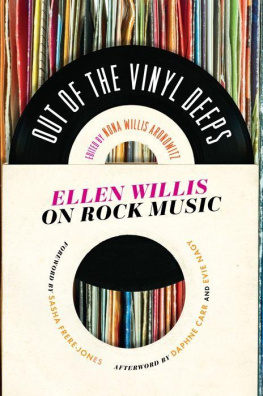
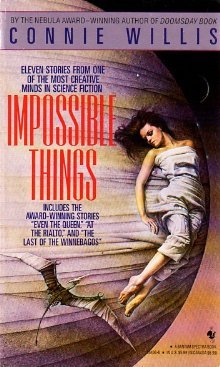
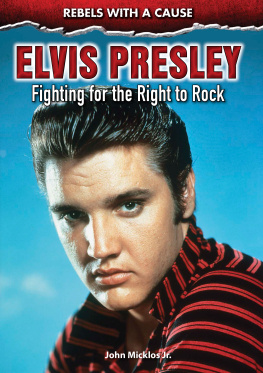
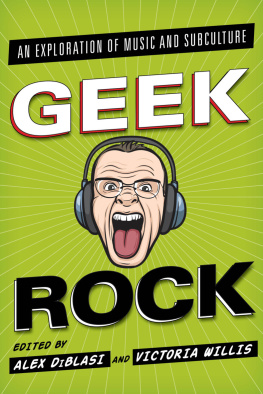
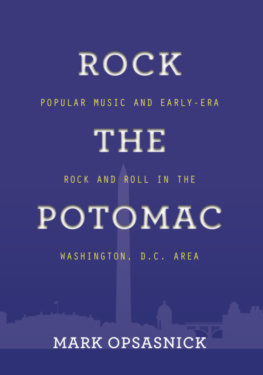
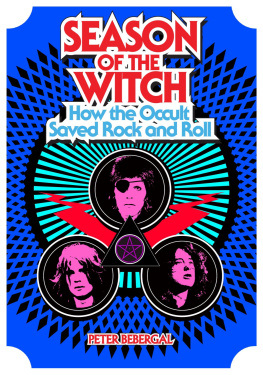


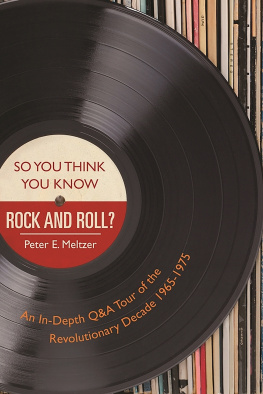

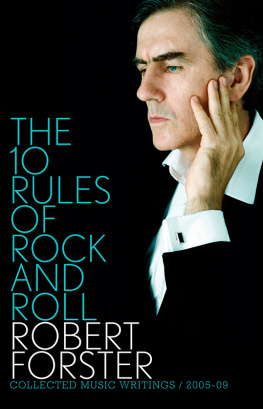
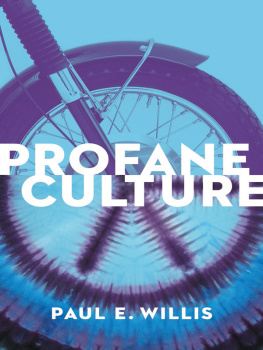
 University of Minnesota Press
University of Minnesota Press